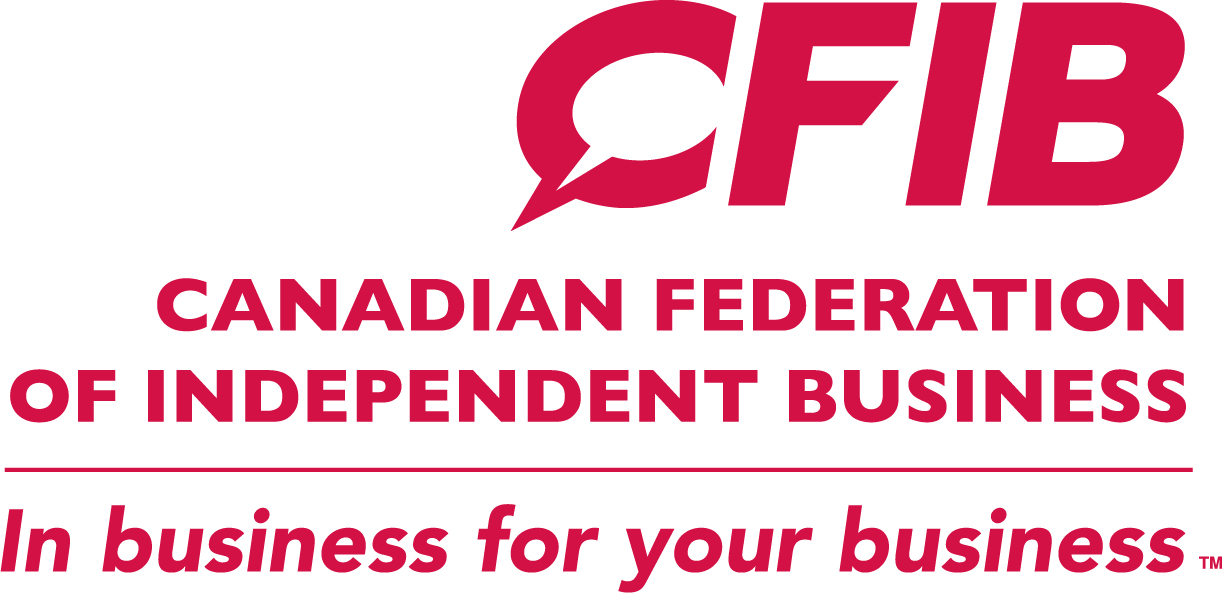TORONTO, June 27, 2024 /CNW/ - Small businesses expect to increase prices by an average of 2.5% over the next 12 months, according to the latest Canadian Federation of Independent Business (CFIB) Business Barometer®. This indicator dropped from the 2.8% reading in May and is below the upper band of the Bank of Canada's target range for inflation of 3%.
Small businesses also plan to increase wages by an average of 2.5% in the next 12 months, compared to 2.8% in May. The last time this indicator was lower (2.3% in August 2021) was almost three years ago.
The path for both the price and wage plans indicators in the last two months suggest the uptick recorded back in April may have been a temporary blip only.
"Both plans are moderating, suggesting that inflation is on the right track. However, prices remain elevated and nowhere near their 2019 levels," said Simon Gaudreault, Chief Economist and Vice-President of Research at CFIB. "Other survey indicators and comments from our members tell us that business conditions remain brutal, and the pressure is still very much there for a sizeable share of firms. Moreover, we have had only one interest rate cut so far, so it will take a long time before we experience significantly improved borrowing costs and overall demand as a result of the Bank of Canada's loosening monetary policy."
Various sky-high costs, such as insurance, occupancy and borrowing, were causing challenges in June for 67%, 48% and 46% of businesses, respectively. Notably, borrowing and occupancy costs are a concern for twice as many firms now as before the pandemic, with both of their historical averages sitting at 24%.
Lack of demand remains the top limitation for nearly half (49%) of businesses, preventing them from expanding their sales or production. Also of note is the 46% of businesses reporting limitations due to skilled labor shortages, which is a full ten percentage points above the historical average for this indicator.
The small business 12-month confidence index remained roughly stable, shaving off 0.3 index points to 56.3 in June. Although this represents a two-year high (on par with last month's reading), the index is still below its historical average of 60.
"On one hand, more small businesses have recently reported feeling optimistic over the long term. Most sectors and provinces also saw small improvements in long-term optimism this month," said Andreea Bourgeois, Director of Economics at CFIB. "On the other hand, we need to keep in mind that the situation for many businesses is far from rosy, and many are still hanging on by a thread. Whatever the broad macroeconomic data may be suggesting at the moment, it seems clear that Main Street has not solidly recovered yet."
Methodology
June Business Barometer®: June findings are based on 662 responses from a stratified random sample of CFIB members to a controlled-access web survey. Data reflect responses received from June 4-17. Findings are statistically accurate to +/- 3.8 per cent, 19 times in 20. Every new month, the entire series of indicators is recalculated for the previous month to include all survey responses received in that previous month. Measured on a scale between 0 and 100, an index above 50 means owners expecting their business's performance to be stronger over the next three or 12 months outnumber those expecting weaker performance. An index level near 65 normally indicates that the economy is growing at its potential.
About CFIB
The Canadian Federation of Independent Business (CFIB) is Canada's largest association of small and medium-sized businesses with 97,000 members across every industry and region. CFIB is dedicated to increasing business owners' chances of success by driving policy change at all levels of government, providing expert advice and tools, and negotiating exclusive savings. Learn more at cfib.ca.
SOURCE Canadian Federation of Independent Business

For media enquiries or interviews, please contact: Dariya Baiguzhiyeva, CFIB, 647-464-2814, [email protected]

Share this article